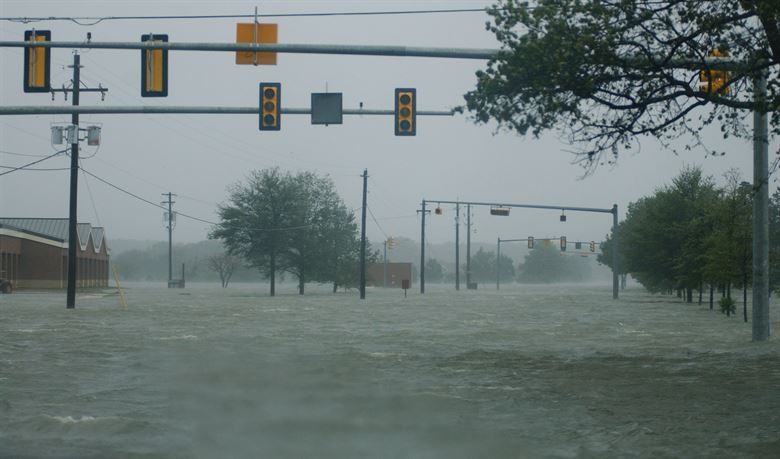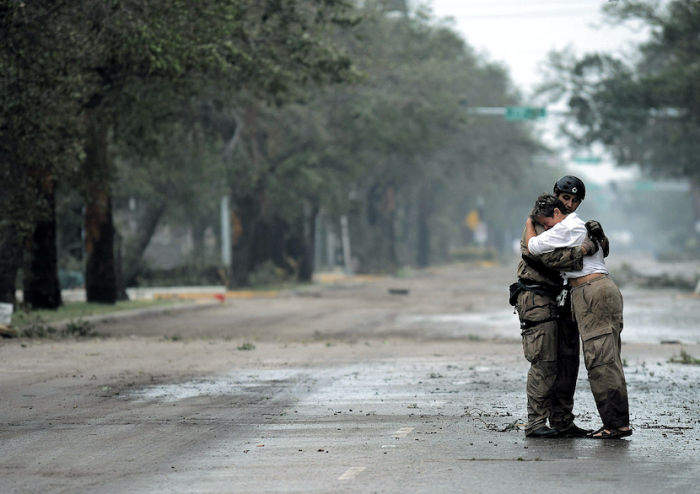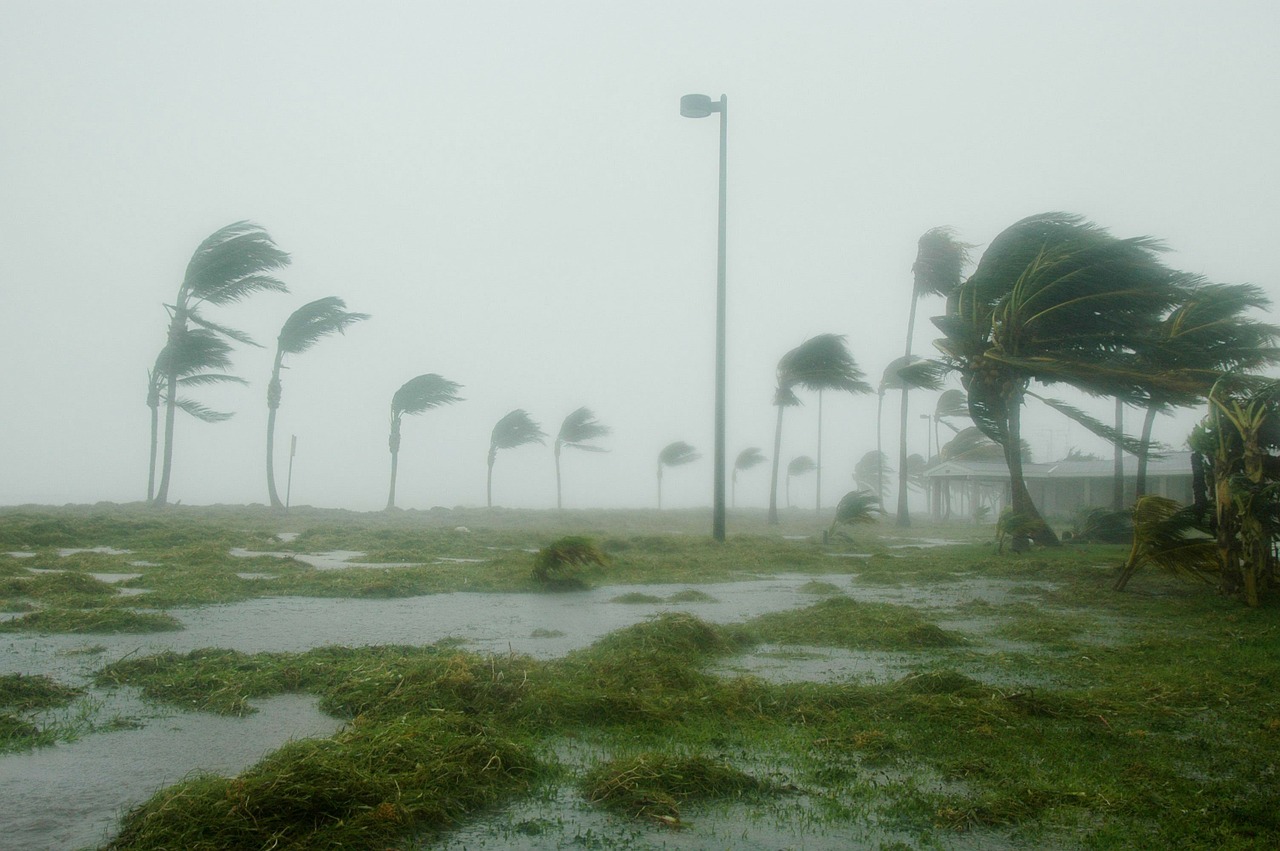The Time to Prepare is Now
National Hurricane Preparedness Week is a good time to remind the philanthropic community that the time to start planning for hurricane season is yesterday. It may surprise you to know that this applies to funders along the coasts and in landlocked states alike. As the National Weather Service reminds us, hurricanes are not just a […]

National Hurricane Preparedness Week is a good time to remind the philanthropic community that the time to start planning for hurricane season is yesterday. It may surprise you to know that this applies to funders along the coasts and in landlocked states alike. As the National Weather Service reminds us, hurricanes are not just a coastal problem. Their impact can be felt hundreds of miles inland, even when the storm is not a major hurricane.
During Hurricane Harvey, the lingering storm made it all the way to Nashville where we were deluged with ten inches of rain. And last year, Hurricane Florence was “only” a Category 1 storm when it made landfall in North Carolina, but it caused an estimated $24 billion in damage and its impact was felt from Georgia to Virginia. The need for hurricane preparedness on the individual and organizational level is clear and present!
To help you mark Hurricane Preparedness Week and plan for the start of the 2019 Atlantic hurricane season, we are sharing these four strategies for effective disaster giving.
Support Relief and Recovery
Though we encourage you to support immediate relief efforts, but we also urge you to allocate some of your funds for medium- and long-term recovery. This strategic approach to disaster giving still involves support for first-responder organizations, while also focusing attention on funding long-term recovery needs that will become evident weeks, and months after the storm.
Select Your Strategy
The Disaster Philanthropy Playbook, a national resource created by the Center for Disaster Philanthropy conceived in partnership with the Council of New Jersey Grantmakers, offers sound guidance on how to effectively allocate resources to disasters. It offers a host of strategies that funders can use to help communities. From housing and legal services to mental health and mitigation, the Playbook is an essential source for disaster-related planning and giving.
Advance Your Values
My advice here is simple. Consider your organization’s values and priorities and give to support:
- Organizations with whom you have existing relationships.
- Organizations that have a pre-existing presence on the ground.
- Organizations whose missions and programmatic activities match your foundation’s mission and programmatic activities. Advance your own internal expertise!
- Issue areas that are unfunded or underfunded. Know what other private funders, governmental bodies and local communities are prioritizing—and then support issue areas outside of those priorities.
- Vulnerable populations—children, medically dependent, older adults, new Americans and others.
Leverage Our Expertise
I encourage you to leverage the deep expertise of our consulting services team by calling us at 202-464-2018. The only full-time, resource dedicated to effective disaster giving, we are here to help you maximize your impact on recovery efforts. Make sure your dollars and efforts reach as far as possible with our wide range of consulting services including collaborative disaster funds, disaster grants management, strategic planning, research and analysis, and technical assistance.
More like this

Four Strategies for Effective Disaster Giving This Hurricane Season

